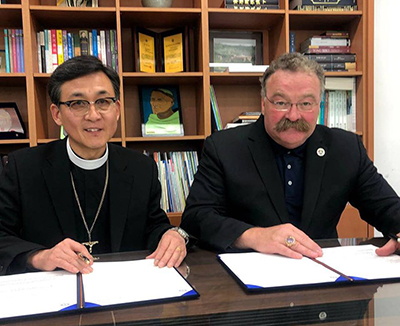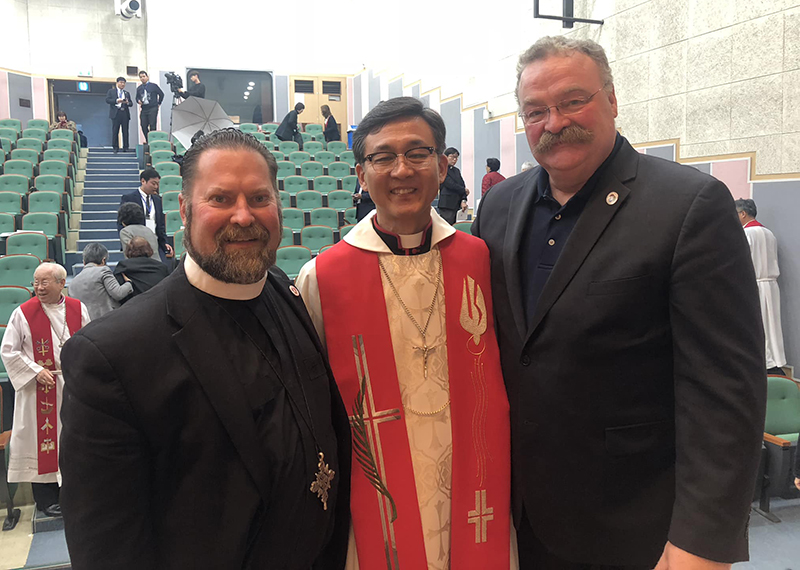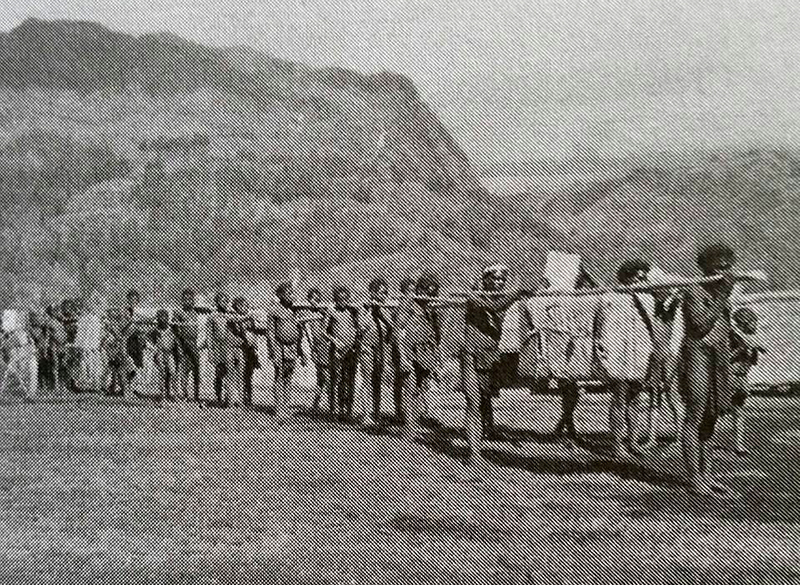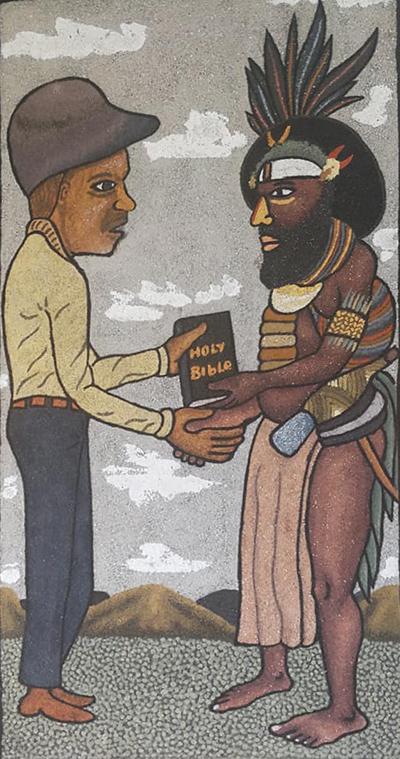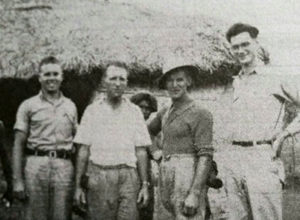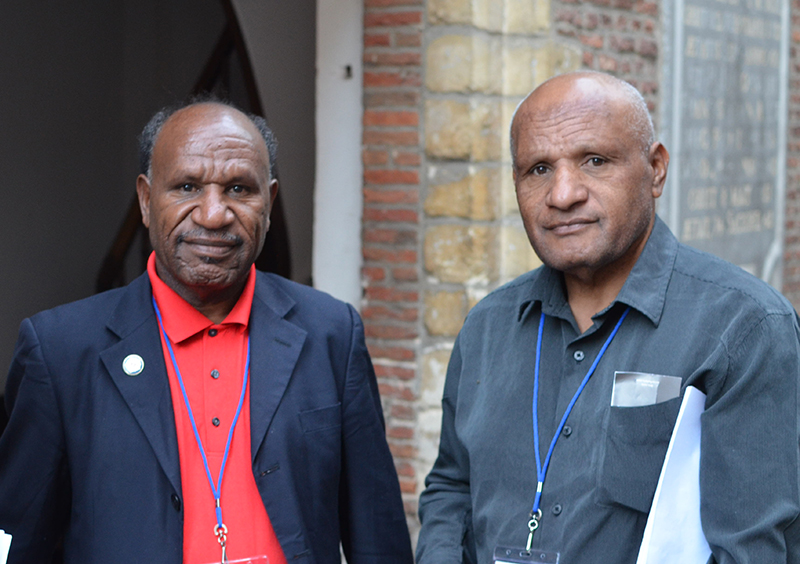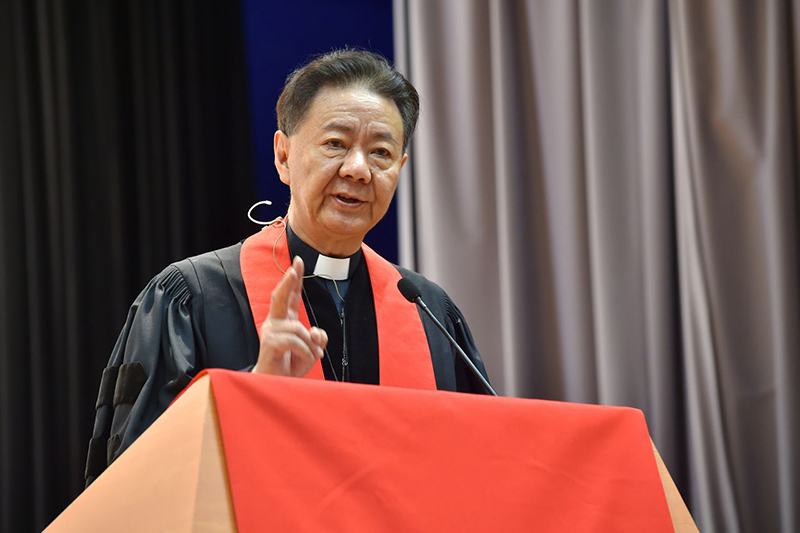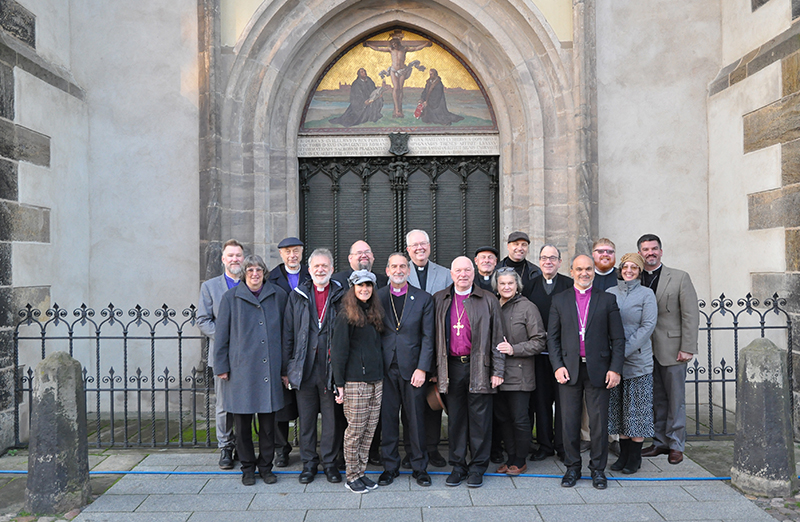
Participants in the latest round of ACNA-LCC-LCMS talks meet in Wittenberg, Germany. Representatives of the Anglican Church in North America during these meetings included: ACNA Archbishop Foley Beach; the Rev. Peter Frank, ACNA pastor; the Rev. Dr. Jonathan Riches, Reformed Episcopal Seminary rector and professor; and Reformed Episcopal Church (REC) Presiding Bishop Ray Sutton, ACNA Dean of Ecumenical Affairs. Representing the Lutherans were LCC Past President Robert Bugbee; the Rev. Joel Kuhl, Chairman of LCC’s Commission on Theology and Church Relations (CTCR); the Rev. Dr. Joel Lehenbauer, Executive Director of the LCMS’ CTCR; and the Rev. Larry Vogel, Associate Executive Director of the LCMS’ CTCR. International guests included: the Rev. Dr. Christoph Barnbrock, Rector and Professor at SELK’s seminary Lutherische Theologische Hochschule; outgoing Evangelical Lutheran Church in England (ELCE) Chairman Jon Ehlers; Free Church of England (FCE) Bishop John Fenwick; Reformed Episcopal Church in Germany (Anglikanische Kirche in Deutschland – AKD) Bishop Gerhard Meyer; Reformed Episcopal Church in Croatia (Protestantska Reformirana Kršćanska Crkva – PRKC) Bishop Jasmin Milić; SELK Bishop Emeritus Jobst Schöne; SELK Bishop Hans-Jörg Voigt, and the Rev. Dr. Vatroslav Župančić of the United Methodist Church in Germany (Evangelisch-methodistische Kirche – EMK.
GERMANY – The respective chairmen of the International Lutheran Council (ILC), Bishop Hans-Jörg Voigt, and of the Global Anglican Future Conference (GAFCON), Archbishop Foley Beach, met in Wittenberg on October 30 during the latest round of dialogue between confessional Lutherans and Anglicans from North America.
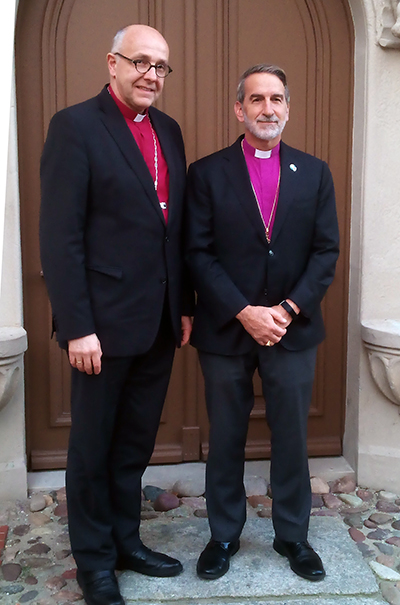
ILC Chairman Hans-Jörg Voigt and GAFCON Chairman Foley Beach meet at the International Lutheran Center at the Old Latin School in Wittenberg, Germany.
Bishop Voigt is the spiritual leader of Germany’s Independent Evangelical Lutheran Church (Selbständige Evangelisch-Lutherische Kirche – SELK) of Germany, and has served as ILC Chairman since 2010. Archbishop Beach is Primate of the Anglican Church in North America (ACNA) and is currently Chairman of the GAFCON Primates’ Council. The ILC is a growing association of confessional Lutheran church bodies committed to the authority of Holy Scripture as God’s written Word, and to the biblical Gospel of Jesus Christ as the heart of the Church’s faith and mission. GAFCON was born out of the realignment of world Anglicanism, as those who uphold the authority of Scripture banded together to respond to theological and spiritual decay within the Anglican communion. The churches associated with GAFCON now represent around 50 million of the 70 million Anglicans around the world.
“The theological and historical background of GAFCON deeply impressed me,” noted Bishop Voigt. “Their understanding of Holy Scripture is very close to that of ILC churches,” he continued, while acknowledging there remain differences of theology between the two organizations which would benefit from further dialogue.
For nearly a decade, representatives of The Lutheran Church—Missouri Synod (LCMS), Lutheran Church-Canada (LCC) and the ACNA have carried out semi-annual dialogue meetings, rejoicing in their discovery of substantial biblical teaching held in common. The decision was made to hold this fall’s round of talks at Wittenberg’s Old Latin School, an agency of the LCMS, SELK and ILC, to afford the regular participants an opportunity to be introduced to each other’s European partners and mark the 502nd anniversary of the Reformation together. In that context Bishop Voigt traveled to Wittenberg and had opportunity to speak with Archbishop Beach, who was present for the regular dialogue meetings. The head of the Evangelical Lutheran Church in England was also present, as were Anglican bishops from the United Kingdom, Germany, and Croatia.
Much of the week’s discussions provided an opportunity for those present to introduce the churches they serve. In addition, there was significant attention given to the possibilities for cooperation in theological education in Europe. Participants also toured historical Luther sites throughout Wittenberg, and in the town of Eisleben, where Luther was born and also died. On the early morning of Reformation Day, the group walked to the famous Thesentür (“theses door”) of Wittenberg’s Castle Church to offer prayers to the Lord and to acknowledge His grace in uncovering the truth of the Gospel at the time of the Reformation 502 years ago.
For more information on the dialogue meetings held in Wittenberg, see this release from the Anglican Church in North America, Lutheran Church–Canada, and the Lutheran Church–Missouri Synod.
———————

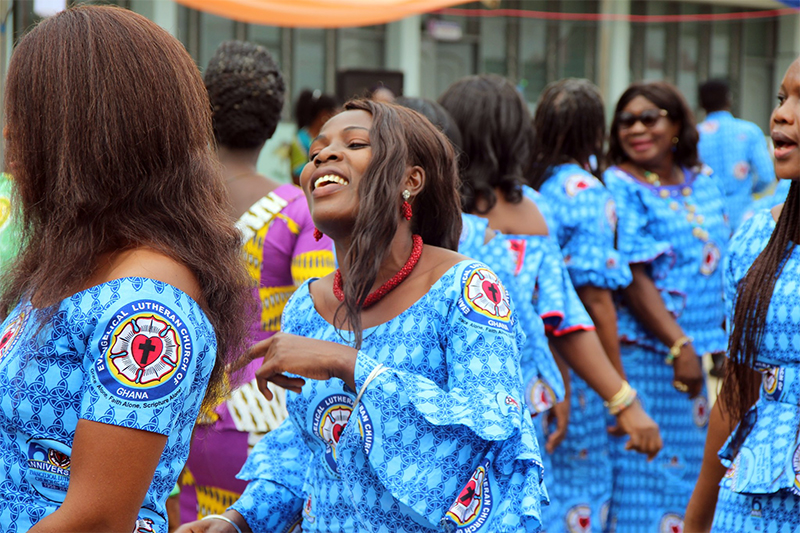
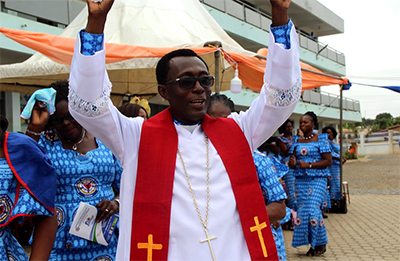
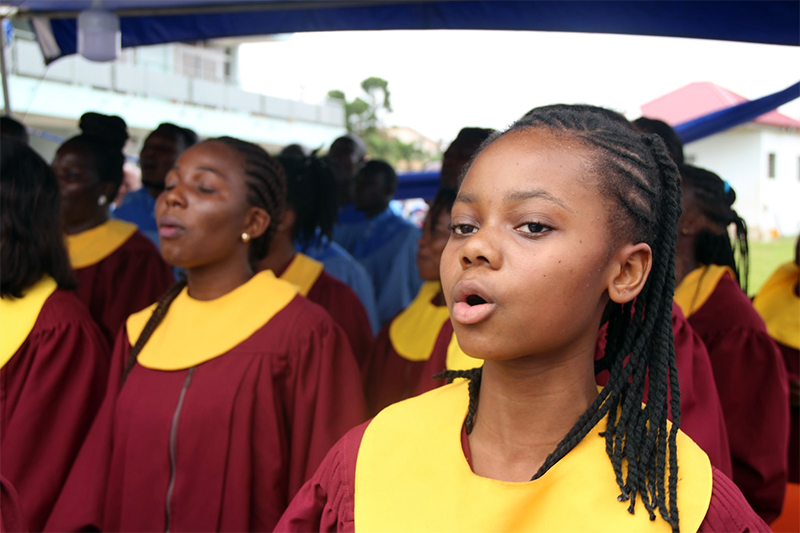
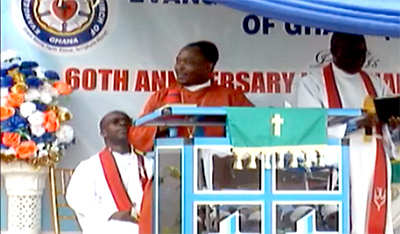
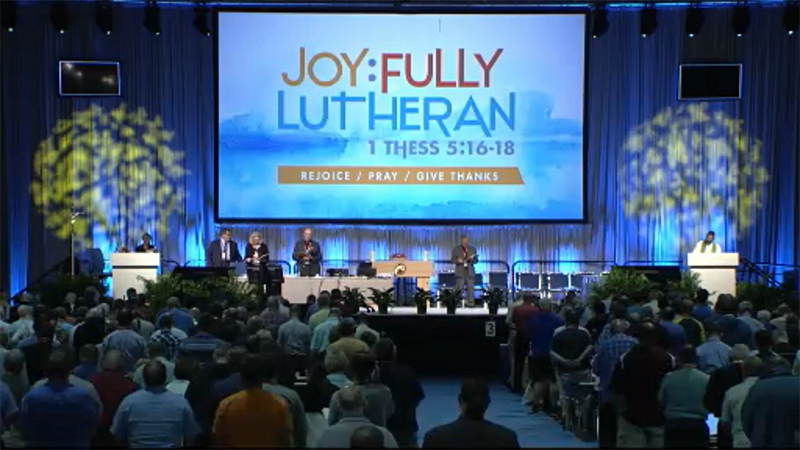
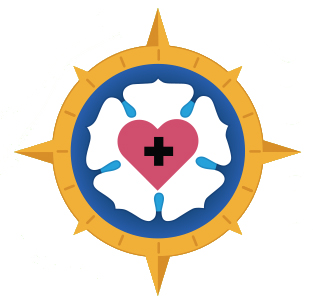 USA – The Lutheran Church—Missouri Synod (LCMS) has commended the work of the International Lutheran Council (ILC), pledging its continued support as the ILC expands its operations in service of confessional Lutheranism worldwide. The LCMS’ resolution came during the church’s 67th regular synodical convention, taking place in Tampa, Florida.
USA – The Lutheran Church—Missouri Synod (LCMS) has commended the work of the International Lutheran Council (ILC), pledging its continued support as the ILC expands its operations in service of confessional Lutheranism worldwide. The LCMS’ resolution came during the church’s 67th regular synodical convention, taking place in Tampa, Florida.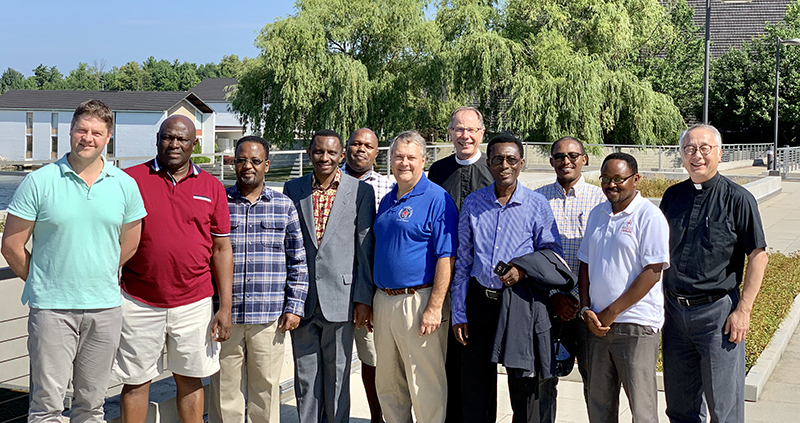
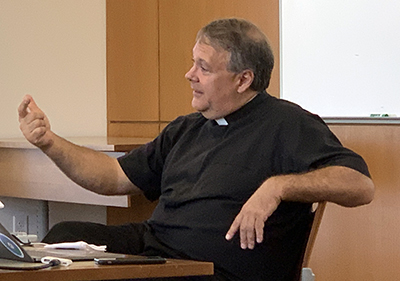
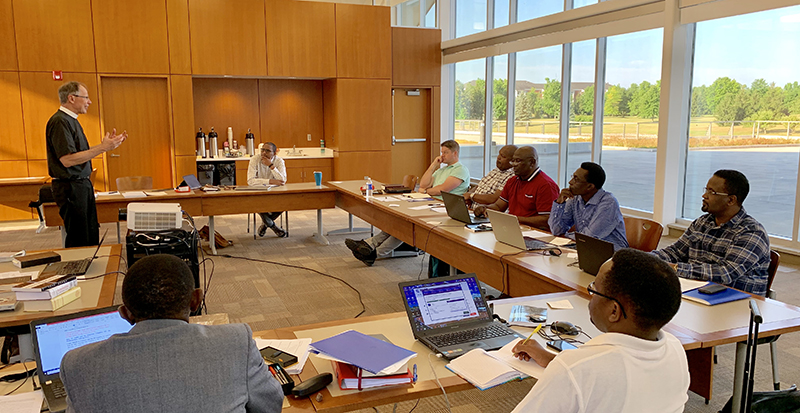
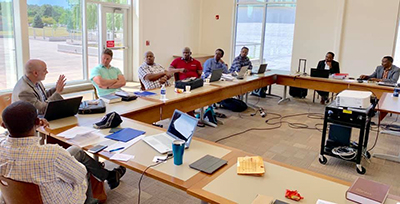
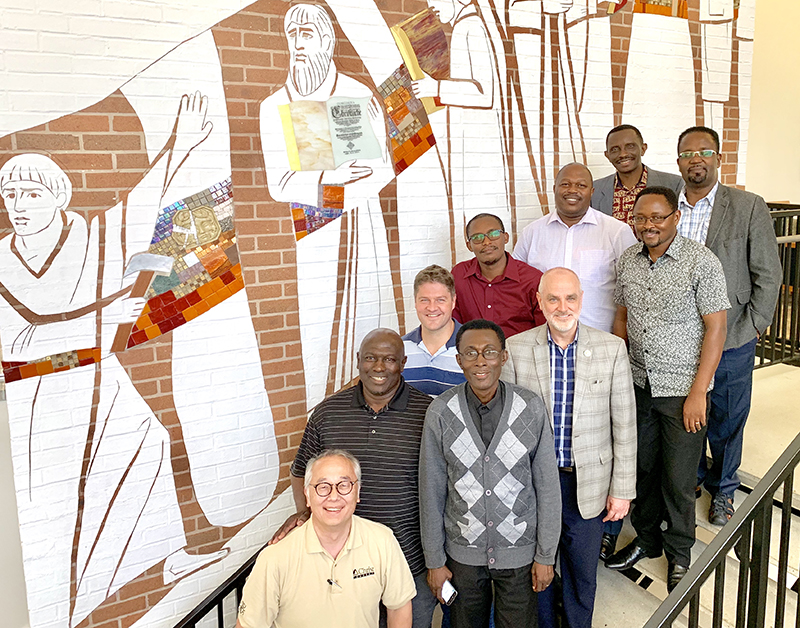
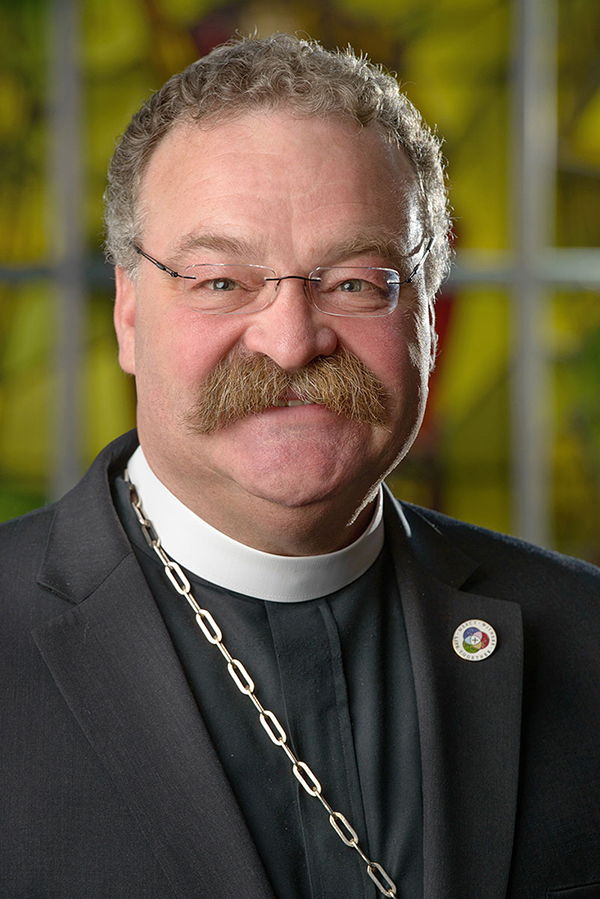
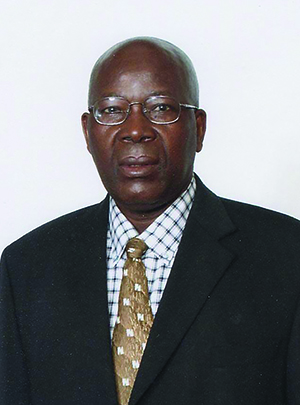
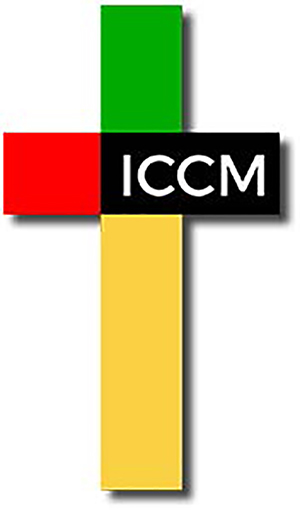 Rev. Alfazema returned to Canada for health reasons following his retirement, but the work they began continued. In 2018, the church which grew out of his mission work was officially recognized by the Mozambican government as the Concordia Christian Church in Mozambique (Igreja Cristã da Concórdia em Moçambique – ICCM). While the church was officially registered by the government in 2018, it had previously operated unofficially for several years under the name Concordia Lutheran Church in Mozambique (Igreja Luterana da Concórdia em Moçambique —federal requirements in Mozambique prevented the young church from registering with the word “Lutheran” in its legal name).
Rev. Alfazema returned to Canada for health reasons following his retirement, but the work they began continued. In 2018, the church which grew out of his mission work was officially recognized by the Mozambican government as the Concordia Christian Church in Mozambique (Igreja Cristã da Concórdia em Moçambique – ICCM). While the church was officially registered by the government in 2018, it had previously operated unofficially for several years under the name Concordia Lutheran Church in Mozambique (Igreja Luterana da Concórdia em Moçambique —federal requirements in Mozambique prevented the young church from registering with the word “Lutheran” in its legal name).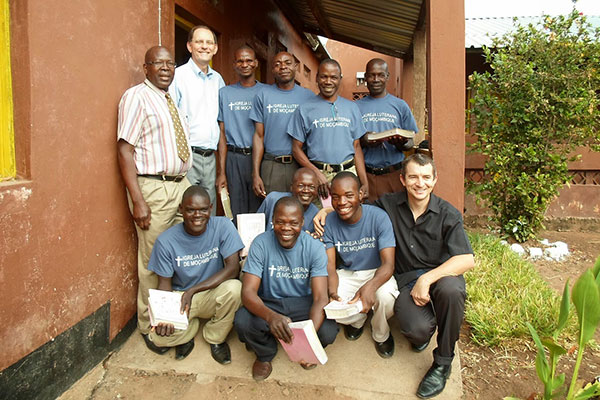
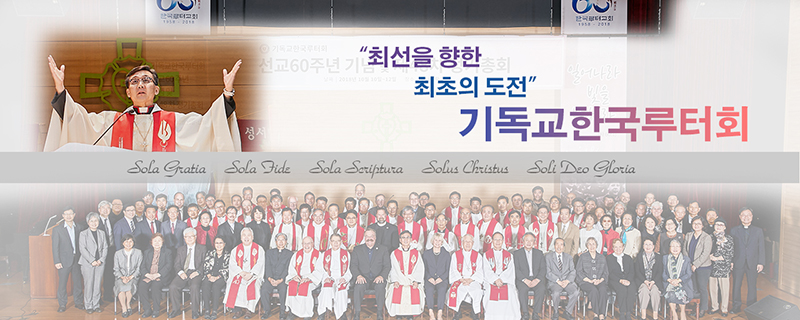
 SOUTH KOREA – The Lutheran Church in Korea (LCK) held its 48th regular convention October 10-12 at Luther University in Yongin, South Korea, during which time the church celebrated 60 years of Lutheran witness in Korea. The gathering took place under the theme “Arise, Shine.”
SOUTH KOREA – The Lutheran Church in Korea (LCK) held its 48th regular convention October 10-12 at Luther University in Yongin, South Korea, during which time the church celebrated 60 years of Lutheran witness in Korea. The gathering took place under the theme “Arise, Shine.”